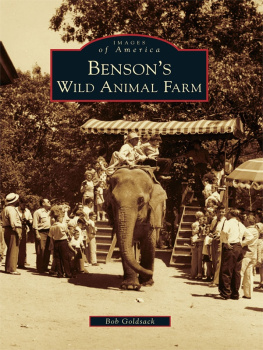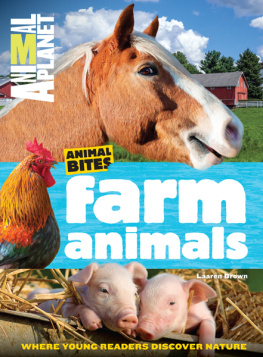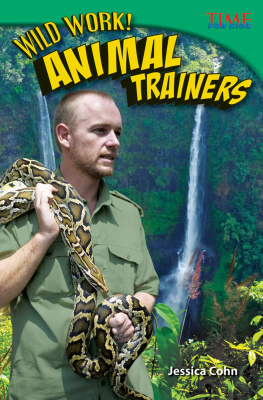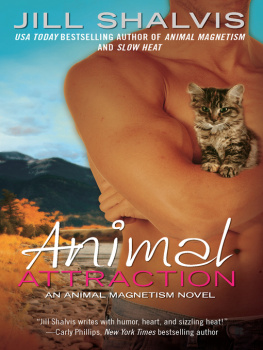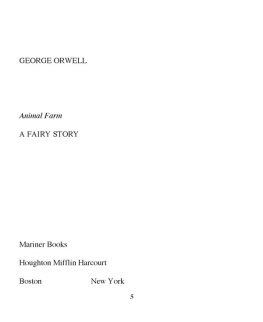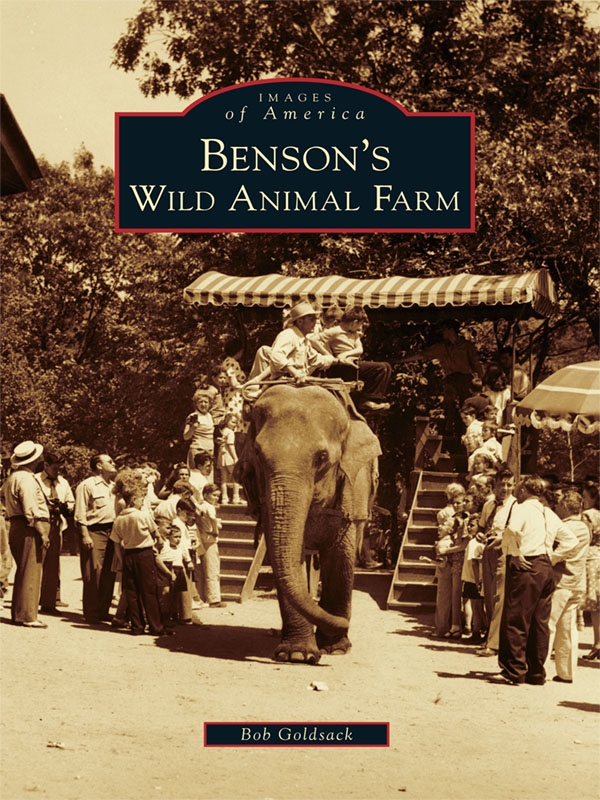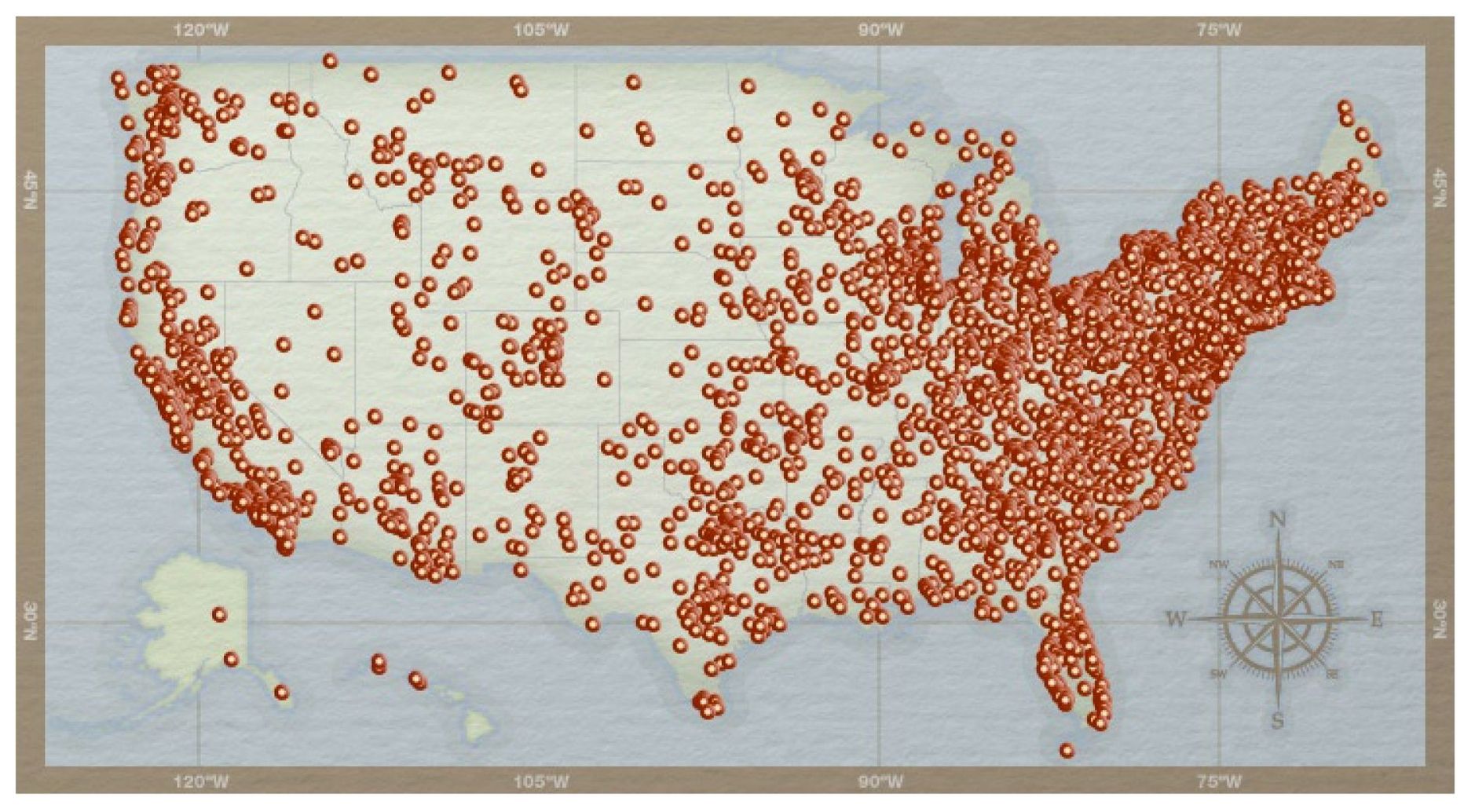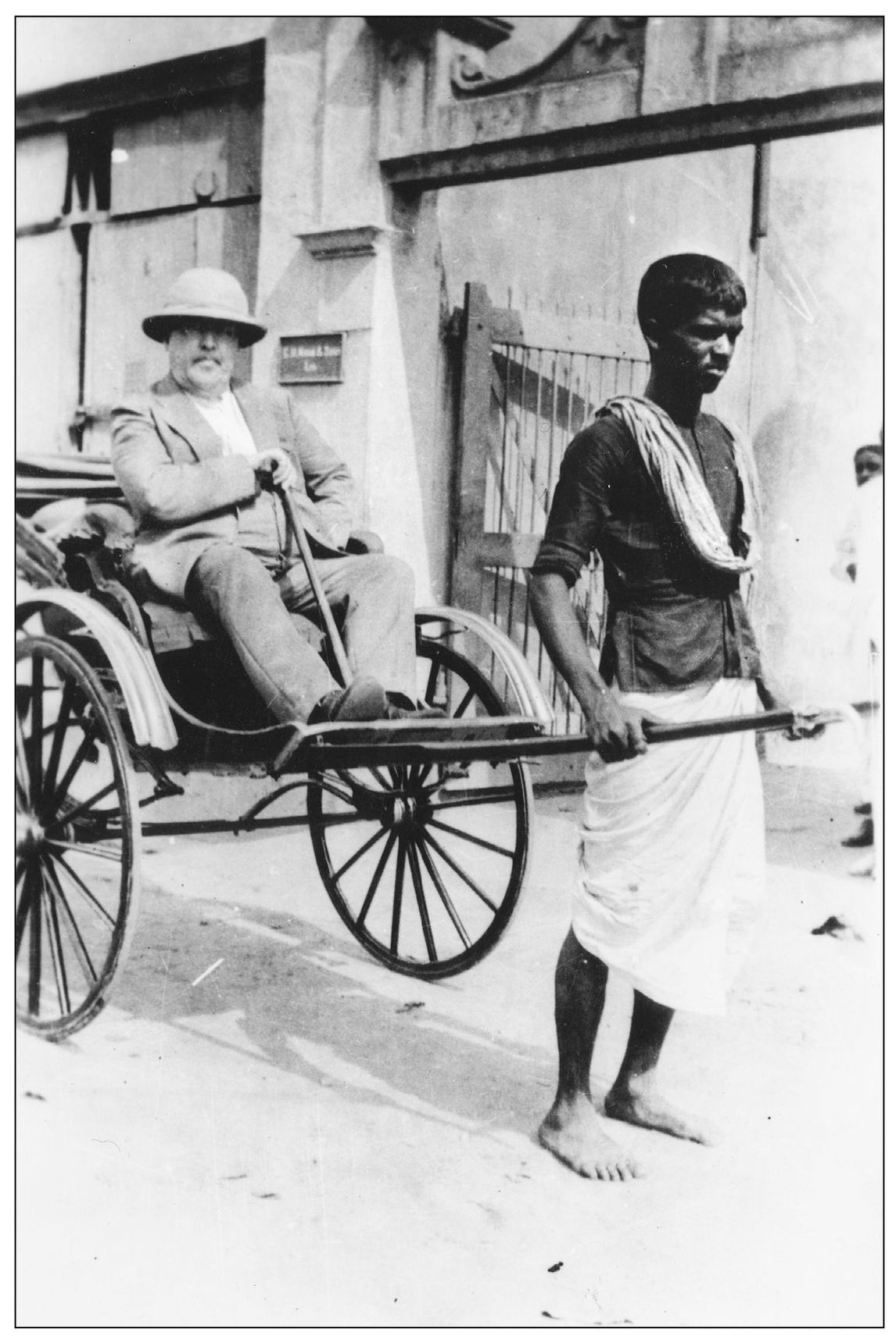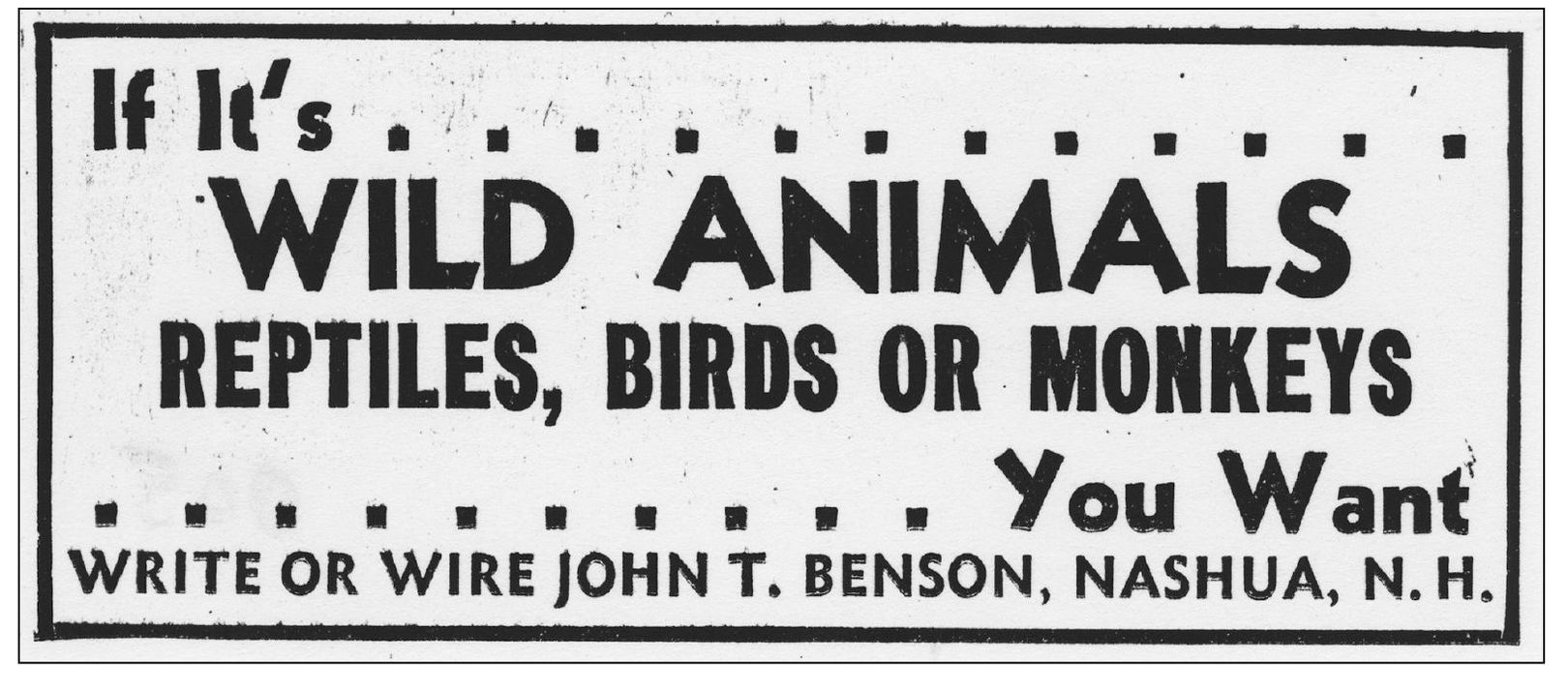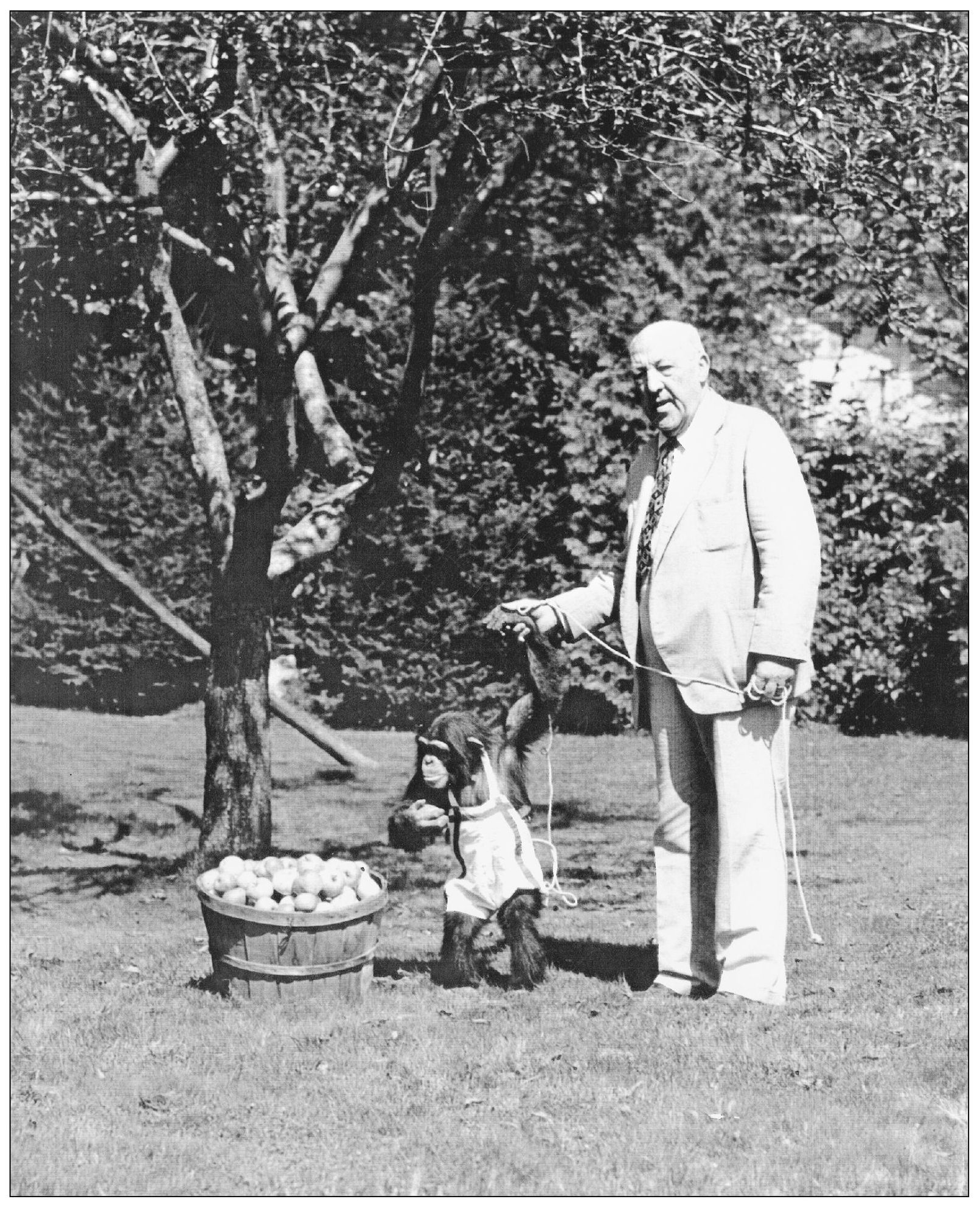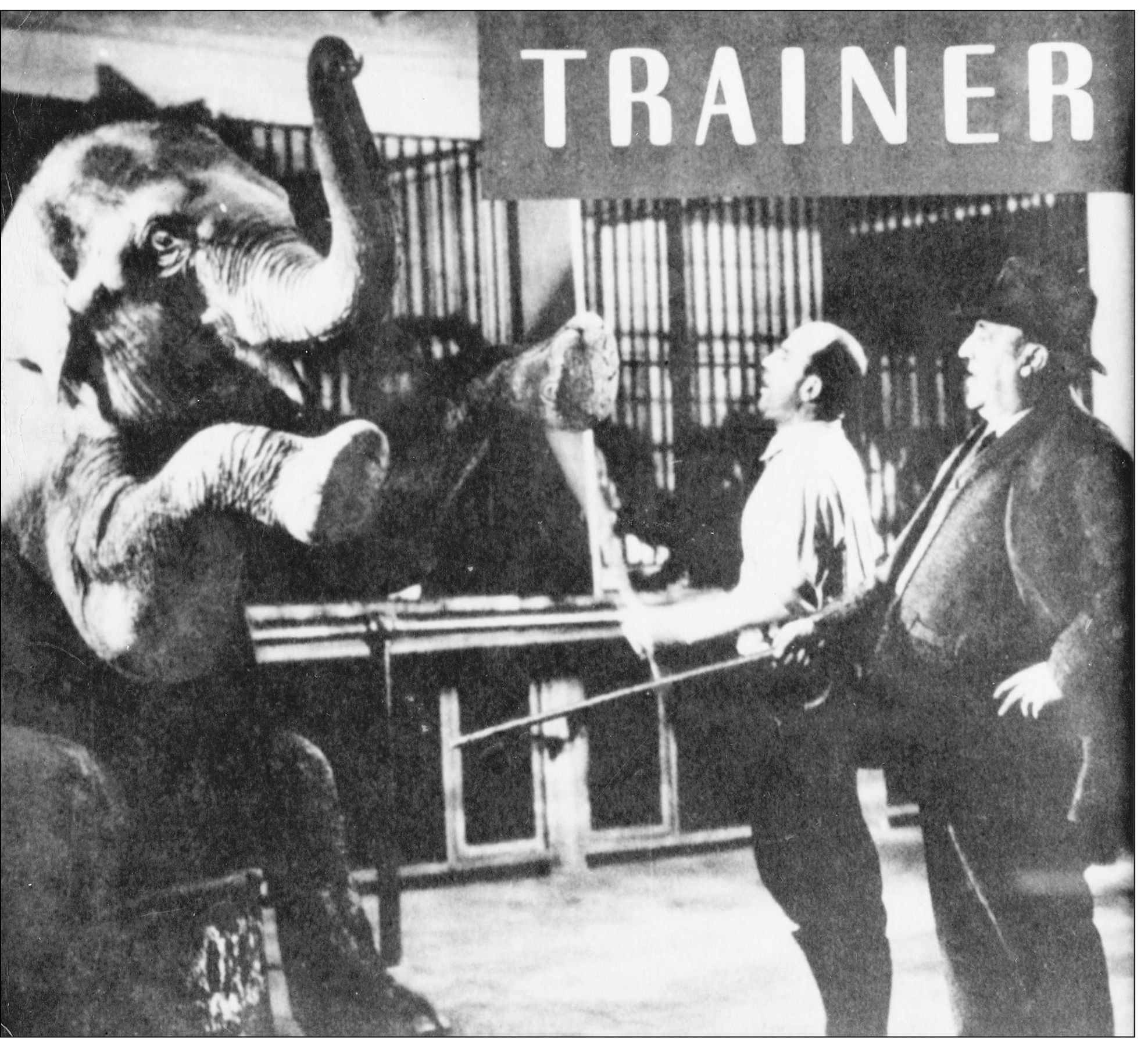One
HUDSON, NEW HAMPSHIRE
Hudson, New Hampshire, is a picturesque New England community of the type so well illustrated by Norman Rockwell. Only since the 1960s has the town experienced a rapid growth in industry, retail establishments, and home construction. Beautiful renovated old farmhouses are still a part of the community, which sprawls over a rather large area.
Alvirne, the local high school, still offers agriculture along with its vocational courses. A miniature farm is maintained on the spacious school grounds, where students can earn a hands-on farm experience. In addition to a small dairy herd and other farm animals, a tree farm is maintained and various crops are produced.
The city of Nashua, located across the Merrimack River from Hudson, has always been on the major road heading north through the central part of the state. It was originally Route 3 and then renamed the Everett Turnpike. It then becomes Route 293 for a short distance before joining Route 93, just past Manchester, New Hampshire. Nashua was also a major railroad center for the area. For this reason, Nashua was often misrepresented as the home of Bensons on postcards and other literature.
But that never bothered Hudson, as it basked in its fame as it hosted visitors from all over the United States and on occasion the world. Bensons was the attraction that provided the community its own unique identity. Weekend traffic became hectic as automobiles, buses, and railroad coaches deposited thousands of wide-eyed tourists who enjoyed a day in the country viewing exotic animals in their corrals and watching trained animals perform circus-style acts at various locations throughout the Strangest Farm on Earth.
For years, Bensons provided summer employment for local teenagers, and during the John T. Benson years, free admission became a privilege enjoyed by Hudson residents. Esther McGraw, a lifelong Hudson resident and former Benson employee, recalls out-of-towners going through the telephone book to pick out a name and address of a Hudson resident and use it to gain free admission.
Longtime Hudson residents still enjoy reminiscing about the wonderful times they spent at the attraction. Thousands of photographs, slides, movies, and souvenirs of Bensons still remain in Hudson homes, and every once in awhile they are brought out and happy times are remembered.
The historical John T. Benson home was torn down by the State of New Hampshire after the park closed. The state took the property by right of eminent domain for the purpose of wetland mitigation. (Courtesy Hudson Historical Society.)
Two
JOHN T. BENSON
John T. Benson was born in 1879 in Yorkshire, England. Two different stories exist as to how he became interested in animals. One has him growing up in his fathers animal show touring the British Isles, while the storybook version has him running away from home at the age of eight to join Bostock and Wombwells traveling circus. It has been established that Benson did troupe with the Bostock and Wombwell Circus and accompanied the show when it came to the United States in 1890. His job was to perform with a wrestling lion.
Benson soon became the U.S. representative of the Hagenbeck Company of Germany, the largest dealer in wild animals at that time. He sold wild animals from all over the world to zoos and circuses throughout the country for over 40 years. His Hagenbeck association ended with the outbreak of World War II.
He also spent time working in the zoo departments of Lexington Park in Lexington and later at Norumbega Park in Waltham. Both parks were located in Massachusetts. A very important stepping stone in his career occurred in 1911 when he helped establish and organize the Franklin Park Zoo in Boston.
Wild animal noises and smells emanating from the Hoboken, New Jersey, wharf warehouse where Benson kept his quarantined animals brought protests from neighbors, and he was ordered to relocate. The 150-acre former farm property was purchased in 1922 and began operating under the Interstate Animal Farm title.
Benson acquired quite a reputation as an accomplished animal trainer and a top authority in the wild animal business. He also became very well known in political circles and Pres. Theodore Roosevelt invited him as a companion on a trip to Africa to hunt exotic animals. He also traveled with Roosevelt on a special hunt in the Black Hills of South Dakota. As a token of his appreciation, Roosevelt presented him with two beautiful Great Dane puppies, Freda and David, whom Benson raised and enjoyed for many years.
John T. Benson passed away in 1943, leaving several heirs who were never active in the park. A nephew, Ron MacKenzie, did work several years for his uncle.
John T. Benson enjoyed a rickshaw ride during a safari trip to India, Africa, and Indochina in 1915. The trip was commissioned by the Carl Hagenbeck Company of Hamburg, Germany. Benson captured hundreds of animals and birds for the company.
Here is an early John T. Benson advertisement placed from his newly acquired New Hampshire farm. The advertisement appeared in Billboard magazine, the weekly show business trade paper that covered all forms of show business.
An elderly John T. Benson was photographed with one of his little friends as they posed under an apple tree at Bensons Wild Animal Farm in the late 1930s. (Courtesy Arthur Provencher.)
In a magazine article, it was said that John T. Benson is the man who trains the lions, tigers, elephants and other animals seen in circuses and vaudeville houses all over the United States.

